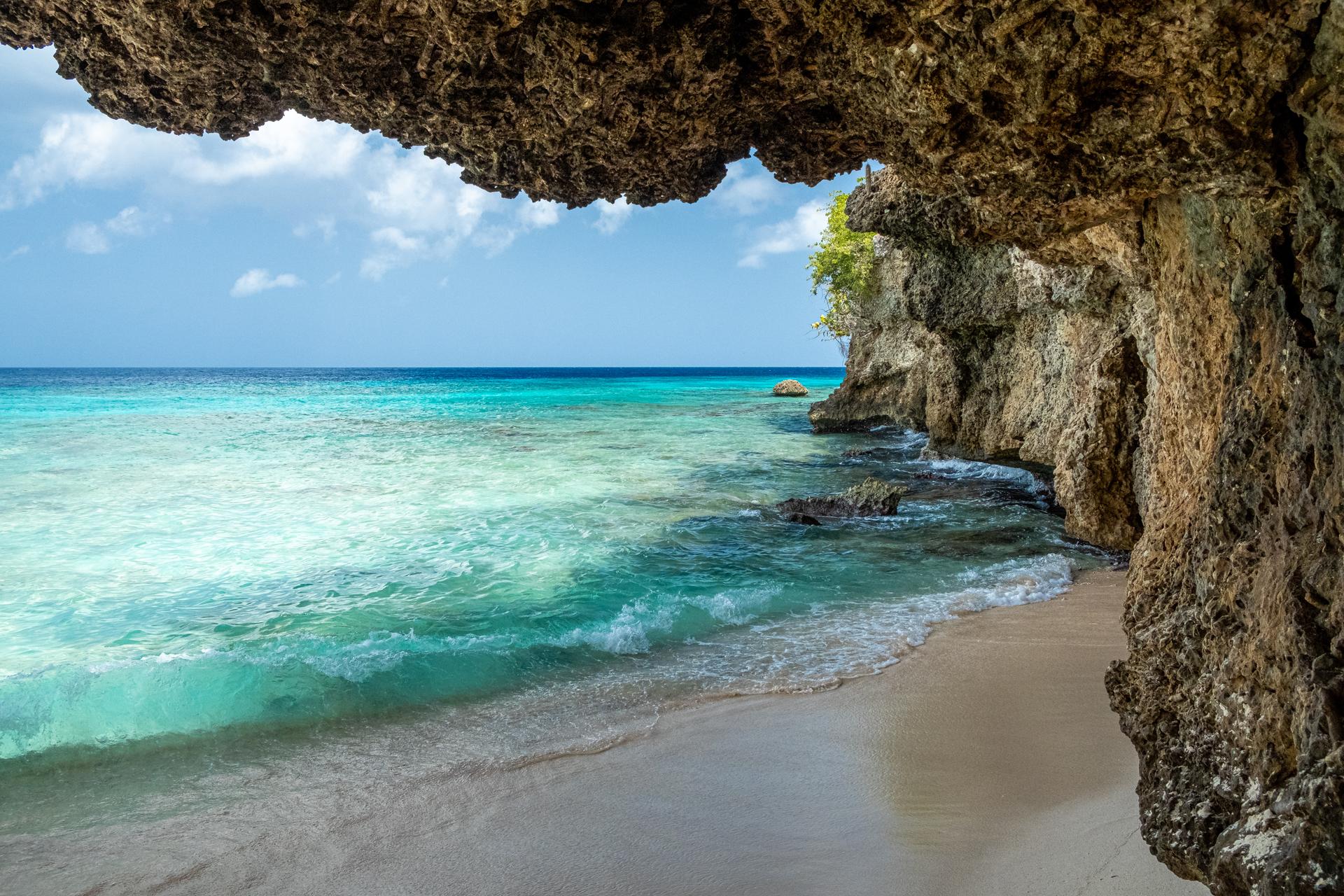Curaçao🇨🇼

Curaçao, a Dutch Caribbean territory, is known for its stunning beach coves, vibrant architecture, and year-round sunshine. It's located just off the Venezuelan coast and it's one of the Caribbean's hidden gems. Known for its eclectic mix of history and culture, Curaçao boasts a diverse mix of influences from Dutch to Spanish and from African to Arawak Indian. Furthermore, the capital city, Willemstad, a UNESCO World Heritage Site, is famous for its brightly colored Dutch-style houses. Its rich marine life makes it a paradise for divers while its pristine beaches attract sun-seekers. Unique festivals like the yearly Curaçao Carnival make the island a lively and cultural destination.
⚠️Things you should avoid⚠️
- Avoid walking alone at night. Stick to well-lit, populated areas.
- Avoid carrying large amounts of cash or flashy jewelry.
- Avoid travelling to remote areas without a reliable guide.
- Avoid handling animals you are not familiar with to avoid risk of diseases like rabies.
- Avoid brushing your teeth with tap water if you have a sensitive stomach.
- Avoid risky water activities without a guide or lifeguard presence.
- Avoid unauthorized or unmarked taxis. Stick with reputable transportation services.
- Avoid unpasteurized dairy products to prevent risk of foodborne illnesses.
- Avoid buying coral or shells from local vendors to protect the marine environment.
- Avoid political discussions with locals as it might lead to confrontations.
Overall
8
Crime 🔫
6
Curaçao has been tackling crime effectively, but it remains an area of concern, particularly in Willemstad where petty thefts often occur. However, violent crime typically involves internal disputes between local individuals or groups, and tourists are not generally targeted. Nevertheless, it's sensible for visitors to take the usual precautions.
Terrorism 💣
9
There is a very low incidence of terrorism in Curaçao. It's geographically isolated from conflict regions and doesn't have a history of terrorist incidents. However, caution should always be exercised due to the global risk of random terrorist attacks.
War ⚔️
10
Curaçao is considered very peaceful with no recent history of war or conflict. The island doesn't have any ongoing disputes with neighboring countries or internal factions. This stable environment contributes greatly to its appeal as a travel destination.
Natural Disasters 🌊
8
Curaçao is located outside the hurricane belt, making it less prone to hurricane activity than many Caribbean islands. However, it occasionally experiences minor earthquakes. In 2007, an earthquake measuring 5.9 on the Richter scale caused some structural damage.
Medical Care 🏥
7
Healthcare in Curaçao is of a high standard with well-equipped hospitals and clinics available. However, for very specialized medical care, individuals might be airlifted to nearby countries. It's recommended that visitors have comprehensive travel insurance that covers medical treatment.
Tap Water Quality 💧
10
The tap water in Curaçao is safe to drink. The island has a desalination plant that provides clean, potable water.
Disease Burden 🤒
8
Curaçao does not have any significant disease risks. However, dengue fever, which is transmitted via mosquitoes, can occur. Travellers are advised to take precautions against mosquito bites.
Corruption 💸
7
Corruption exists but is generally less prevalent in Curaçao than in other Caribbean nations. The government has undertaken various initiatives to combat corruption including establishing an Anti-Corruption Task Force.
Safety for Women ♀️
8
Women generally feel safe in Curaçao but should take common-sense precautions, especially at night. Reported instances of harassment or attacks are relatively low.
Safety for Queer People 👬
8
Curaçao prides itself on its 'Live and Let Live' philosophy. The island has a tolerant attitude towards the LGBTQ+ community and hosts the annual Curaçao Pride festival. However, it's worth noting that societal attitudes vary, and discretion is advised.
Censorship 📺
9
Censorship is generally low in Curaçao. The constitution ensures freedom of expression, and the media operates independently. Internet access is unrestricted.
Public Transportation 🚌
7
Public transportation in Curaçao is reliable and widely used. Buses and taxis are available, though service can be limited in rural areas. However, car accidents are a concern, so caution is advised when driving.
Other useful information
🔒 How safe is it?
Curaçao has been progressing well in terms of safety for travelers. Although there are instances of petty crime, the overall safety level is relatively high if usual safeguards and precautions are taken. The absence of war and terrorism threat is a positive aspect of safety in Curaçao. The risk of natural disasters is relatively low.
🏰 Embassies in this Country
Curaçao hosts a number of consulates representing countries like United States, Netherlands, Spain, and Venezuela. They are primarily located in the capital city, Willemstad.
💉 Recommended Vaccinations
Health organizations recommend Hepatitis A and Typhoid vaccinations before traveling to Curaçao, as travelers can get these diseases through contaminated food or water.
🐍 Dangerous Animals
While lionfish are beautiful to behold, they are also venomous. Other potentially dangerous sea creatures include sea urchins and jellyfish. Observing all wildlife from a safe distance is recommended.
🛂 Visa Requirements
Visa requirements will depend on your nationality. Some travelers such as US, Canadian and EU citizens do not require a visa for stays up to 90 days.
💲 Currency
The official currency is the Netherlands Antillean guilder (ANG). US dollars are widely accepted. Major credit cards and travelers checks are accepted in most places.
💳 Credit Card Acceptance
Credit cards are widely accepted throughout Curaçao, particularly in Willemstad and at larger hotels and restaurants.
🧑🏭 Is it possible to work and travel in this country?
Yes, it's possible to work and travel in Curaçao, but a work permit is often required. Many opportunities are available in the tourism industry.
💵 Cost of Travel and Living
As a tourist destination, Curaçao can be a bit pricier than some other Caribbean islands. However, budget options are available for accommodations, food, and activities.